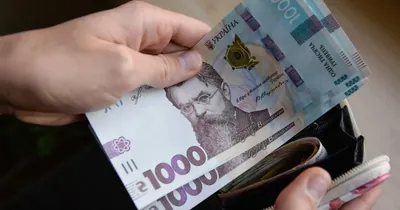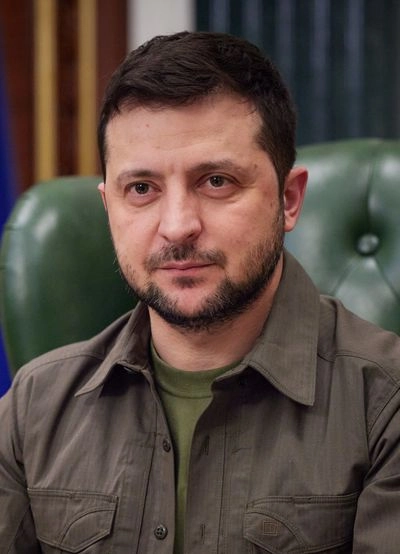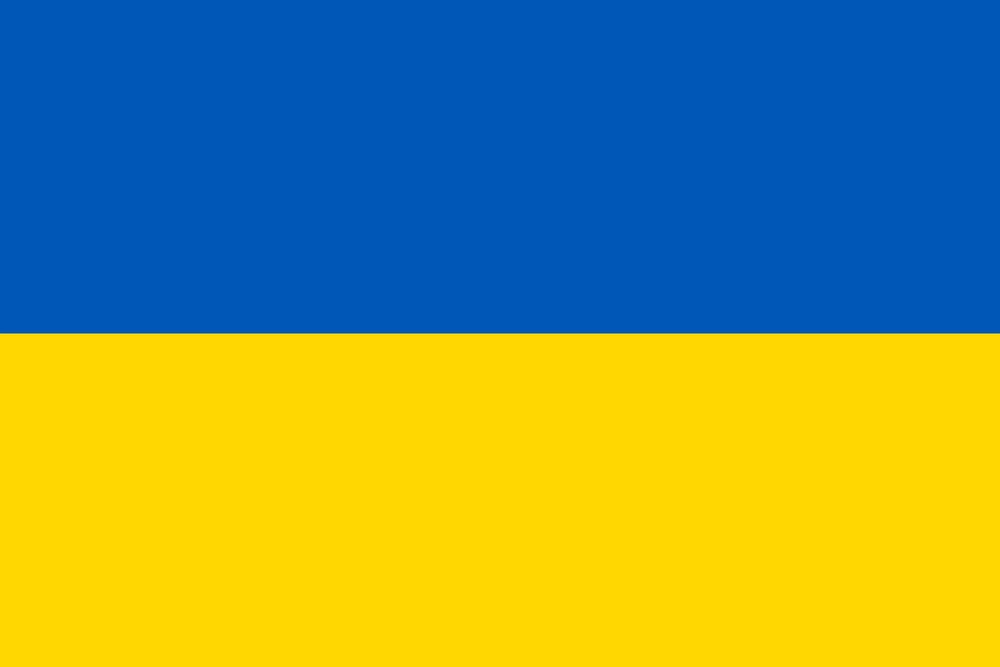
January 8: Earth Rotation Day, World Print Day
Kyiv • UNN
It was on the night of January 8, 1851, that the French scientist Jean Foucault conducted an experiment in the basement of his own house, which proved in a simple way that our planet rotates on its axis.
Today, January 8, is Earth Rotation Day. It was on the night of January 8, 1851, that French scientist Jean Foucault conducted an experiment in the basement of his own house, which proved in a simple way that our planet rotates on its axis, UNN writes.
Theories that the Earth rotates on its axis have existed since the time of Ancient Greece. But it was Foucault who was the first to prove it in a practical way.
The device he used to do this was later called the Foucault pendulum.
It was a heavy brass ball suspended from the ceiling.
A steel wire mount allowed the pendulum to move in any direction. Turning the ball from side to side, Foucault noticed the rotation of the plane of the device, although there was no explanation for this.
The scientist tried on a model of the planet on a brass ball and was finally convinced that the experiment proved the theory of the Earth's rotation.
The Earth makes one rotation relative to the Sun in about 24 hours, and relative to other distant stars in about 23 hours, 56 minutes and 4 seconds. Interestingly, the Earth's rotation is not constant and slows down over time due to tidal effects caused by the Moon. This gradual slowing is compensated for by the periodic addition of leap seconds to our time reference systems.
Today is also World Print Day. The event is dedicated to the skill of typing and the people who do it professionally every day in their daily lives.
In 1575, the Italian Francesco Rampasetto created the first known keyboard for a printing house.
Over time, typewriters evolved to become more portable and efficient, leading to their widespread use in offices and among writers in the late nineteenth century.
The 1970s marked a new era in typing with the advent of personal computers.
On the second Monday of January, which this year falls on the eighth, many countries around the world celebrate Gluten-Free Day.
The event is dedicated to raising awareness of gluten intolerance and celiac disease.
Gluten is a protein found in wheat, rye, and barley. It acts as a binding agent in many foods and beverages, giving them elasticity and the ability to rise when baked. For most people, gluten is harmless, but for others, it can cause serious health problems.
Celiac disease is an autoimmune disease in which gluten consumption leads to damage to the small intestine. It affects about 1% of the world's population. Symptoms include iron deficiency anemia, fatigue, reproductive problems, and neurological symptoms.
The only effective way to treat celiac disease is a gluten-free diet.
According to the church calendar, today is the Day of Remembrance of St. Gregory of Pechersk, who lived in the ninth century and was a monk of the Kyiv Cave Monastery.
It is believed that Hryhorii Pecherskyi was supposed to have given prophecies.
According to legend, he predicted the death of Prince Rostyslav of Pereyaslav, Volodymyr Monomakh's half-brother, by water.
Rostyslav was so enraged by the prophecy that he ordered the monk Hryhorii to be drowned.
Some time later, Rostyslav drowned in the Stugna River during a battle with the Polovtsians.
On December 8, Hryhorii, Yevhen, Sydir, Omelian, Yaroslava, and Vasylina celebrate their namesakes.





































